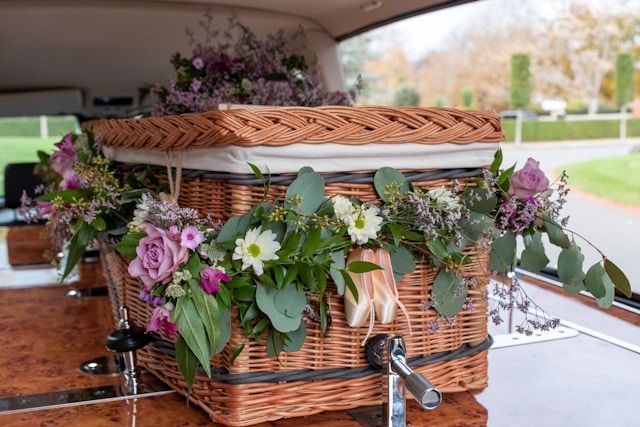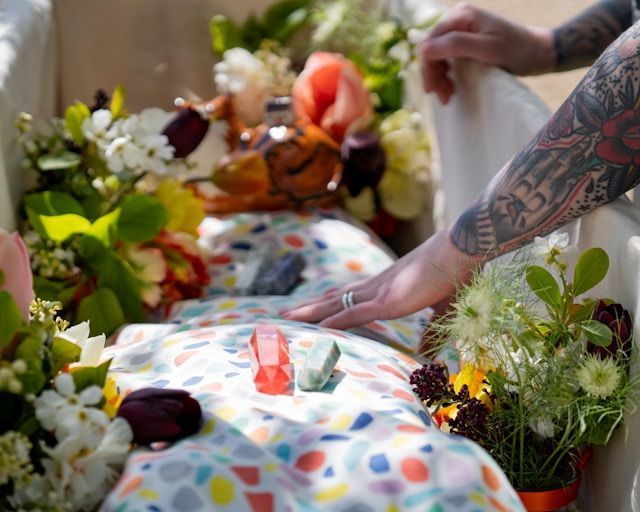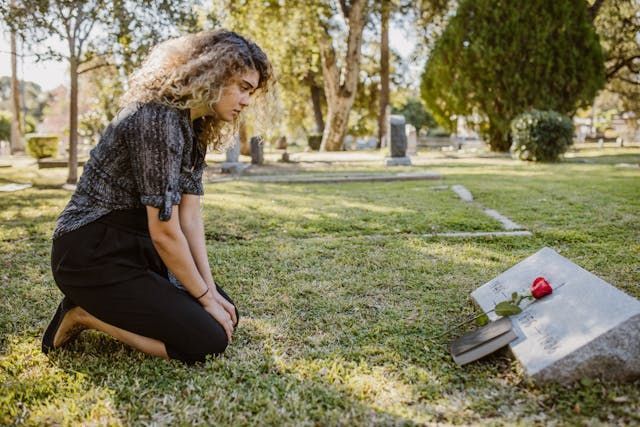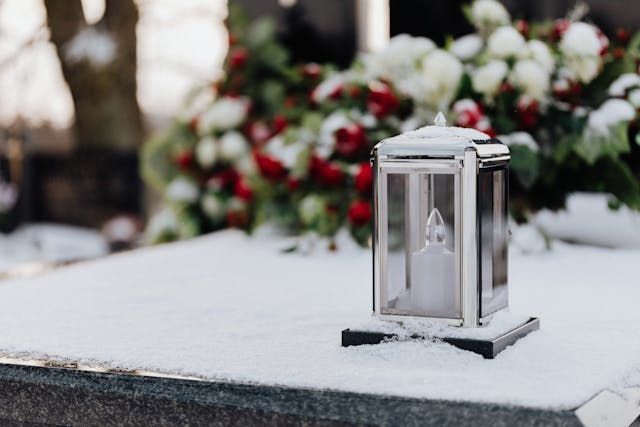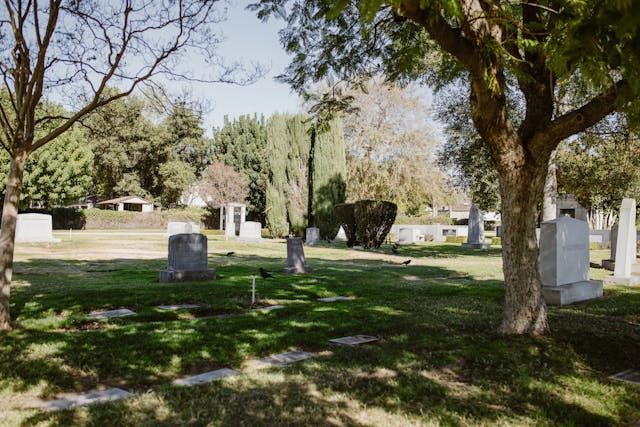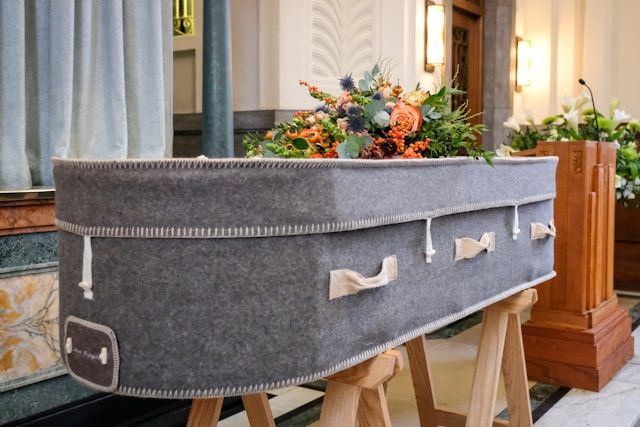How the Ancient World Mourned Their Dead
In the modern world, bereaved people get a brief window of time to publicly mourn their dead, and then are expected to just move on. The ancient world understood grief takes time.

Among the cremation services offered in Wirtz, VA are grief resources. We live in a culture that typically gives three days off work for immediate family members to mourn the death of a loved one. When those three days are up, the expectation is that mourning is past and the grieving family members will just jump back into life as though nothing ever happened.
However, the human heart was not built to modern society's imposed expectations and mourning – grieving – and working through that process takes time. The ancient world recognized that and their funeral/mourning traditions reflect that understanding. Perhaps if we took more cues from the past and allowed the natural process of grieving to occur with comfortable rituals built in that embrace mourning, we'd all be more emotionally healthy and come out on the other side of dealing with the death of loved ones more quickly (hiding grief and sorrow as a private matter makes the entire process slower).
As far back as ancient biblical times, mourning was collective and encompassed a generous amount of time. In Genesis 23:2, we read that Abraham mourned and wept for his wife Sarah after she died. In Genesis 50, we read of the death of Jacob. The Egyptian custom was 40 days, which was the period of time for embalming the body. Joseph, Jacob's son, asked to be allowed to take his father home to bury him. We see, during that journey, that Joseph stopped at a threshing floor and observed seven days of mourning for Jacob.
In John 11, we read about the death of Lazarus, the brother of Martha and Mary and a friend and disciple of Jesus Christ. When Jesus comes to Bethany after Lazarus has died, he finds the entire community of Jews at Martha and Mary's house mourning with them and consoling them. Jesus comes to the tomb of Lazarus where he finds Mary weeping, along with the Jews who had come with her. Jesus Himself, we are told, was deeply moved in spirit and was troubled. We are also told that Jesus himself cried.
The ancient Greeks and Romans honored their dead with lavish festivals that included carnivals and funeral games. These would last several days. We see shades of this in a few modern types of funeral rituals, including the traditional Irish merry wake and the African-American jazz funeral – or second line – that is traditional in New Orleans.
Ironically, one of the holidays that is celebrated around the world also is a way to express grief and mourning. Beginning on the evening of October 31, the Day of the Dead (which we know better as Halloween) begins. It's a three-day celebration that is religious in origin that welcomes the dead back into their families temporarily. November 1 is a Catholic holiday known as All Saints Day, which is kicked off on October 31 on All Hallow's Eve, which has been shorted to Halloween.
Until the mid-20th century, mourning rituals were an integrated part of dying. Instead of embracing death and loss as a natural part of the cycle of life, death became something to be afraid of, as did dead bodies. As a result, death and the grieving process became something became something to hide from public. As a result, the communal grieving rituals of the ancient world were lost.
For information about grief resources and cremation services in Wirtz, VA, our caring and knowledgeable staff at Lynch Conner-Bowman Funeral Home can assist you. You can visit our funeral home at 140 Floyd Ave., Rocky Mount, VA, 24151, or you can call us today at (540) 483-5533.

